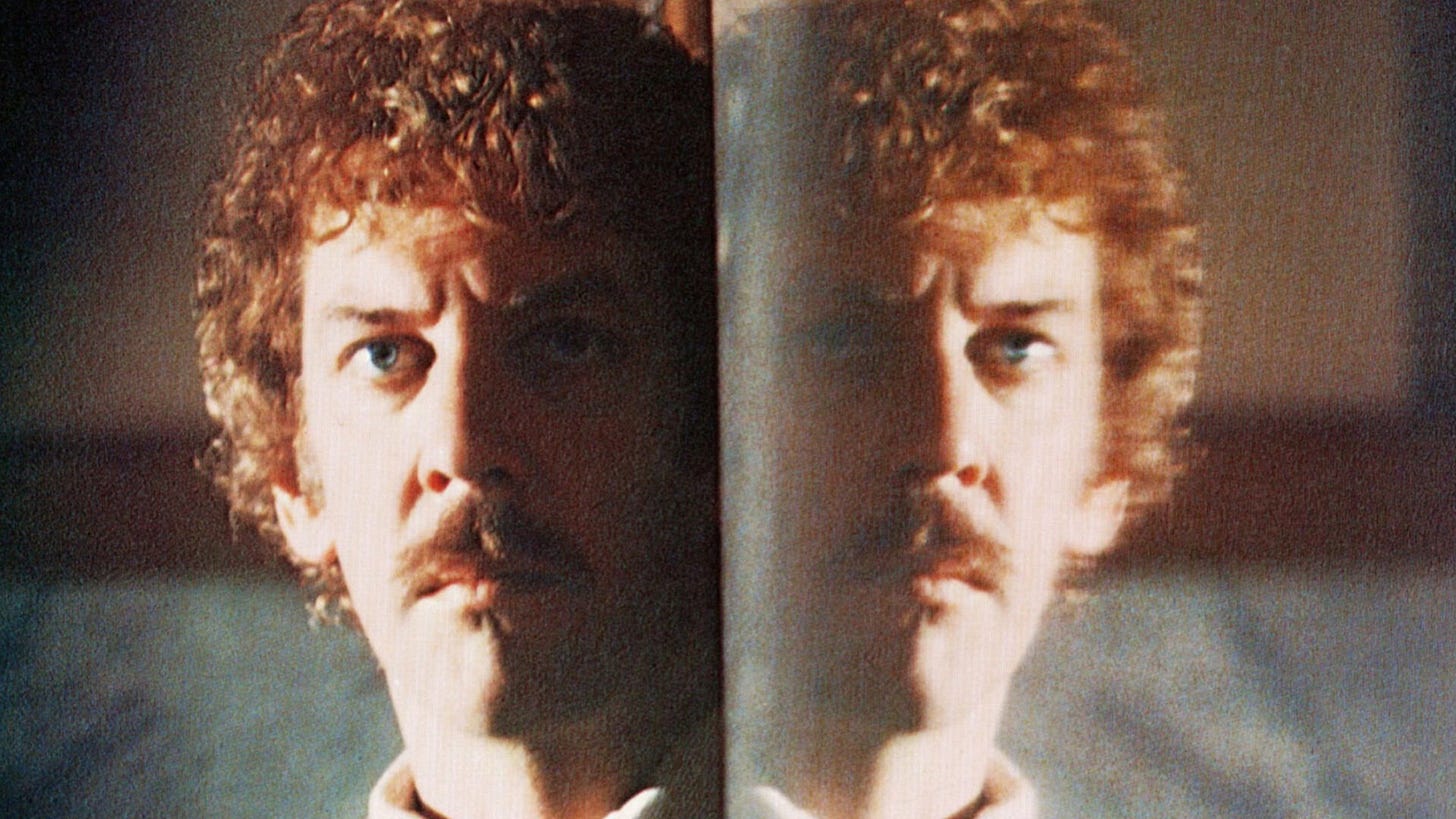A Short Ode to Craft
How to appreciate cinema
Quentin Tarantino famously keeps two lists of favourite films. The first were made before he started directing. The second, after. As soon as he’d rolled up his sleeves and actually made a movie, the way he watched them transformed. He had an entirely new appreciation for the art form.
It’s unlikely that you or I will make the next Reservoir Dogs (sorry!) But we CAN — fairly easily! — do the next best thing. By learning about the craft of filmmaking, we can dramatically improve our experience of watching a movie. We can see as though with new eyes.
This is more important now than ever. As the arc of technological progress bends towards the frictionless, we risk becoming divorced from the thousands of human decisions that constitute art — decisions that give movies their living, breathing quality.
By studying the craft, we can begin to appreciate how cinema is the artistic equivalent of kids standing on each other’s shoulders in a trench coat. What at first glance looks like one coherent whole is, in fact, loads of little things stacked atop one another.
Each component ‘thing’ — lighting, blocking, score, acting, writing, editing, costume design, art design, etc — is its own world, each with its own series of rules & rabbit holes.
This is one of the reasons that movies are so infinitely rewarding to get into. They are fractally complex. The more you look behind the screen, the more these vast, sweeping vistas of human ingenuity open up before you.
Studying craft changes how you watch movies — for the better. You begin to look for things you would have never known to look for. To notice things that you have never seen before. To appreciate things you’d never even thought of. It’s like going from fuzzy 360p to full-throttle, retina-burning 4k.
Here’s a simple example. I’m reading Masters of Light (1984), a book-length collection of interviews with fifteen acclaimed Hollywood cameramen. In one interview, Taxi Driver cinematographer Michael Chapman talks about how difficult it is to shoot daytime exteriors, as more natural light = less control. He says he enjoys shooting at nighttime, as “night is essentially a set.”
His point is simple. At night, he has more control over lighting. He can impose himself on the scene. He can execute his vision with more precision.
This may sound obvious, but I had never thought about it in those terms. So, the next day, I sling on Philip Kaufman’s (incredible) Invasion of the Bodysnatchers (1978), which was shot by Chapman. In one scene, set at night, the ‘pod people’ (alien invaders) start blooming beneath a sleeping Donald Sutherland:
After reading Chapman’s comments about his control over nighttime lighting, I am drawn to the frame’s two visible light sources. The blue light at the top gives a slight fluorescent glimmer, resembling a plant growth light. The lamp at the bottom frames the two emerging pod people as though they are attached to Sutherland like a plant’s roots. The overall effect is of the sleeping Sutherland emerging from the ground, a not-too-subtle nod to the bodysnatchers’ botanical origins.
Now, I’m not saying this is a particularly sophisticated analysis. That’s not the point. The point is that by learning just a little bit about the craft, I made my experience of the film just that bit richer, fuller. I enjoyed it more because I appreciated it more.
And that’s what the ultimate game is here — appreciation.
Cinema is new. Really new. Relatively speaking, compared to its siblings, the barriers to entry are low. If you read a few books (*cough* or subscribe to this Substack) and commit to applying what you learn, you can quickly begin to develop a fairly sophisticated appreciation of one of our greatest art forms. How cool is that!
I find this an insanely fun, endlessly rewarding process. It makes each movie I watch that bit better, which in turn makes me that bit more curious. There’s something so humbling about realising that every single thing in the frame is a product of choice, of intention. It’s a realisation worth celebrating. So that’s what we’re doing here at Rough Cuts. What an honour!
These essays take time. I want to keep them free for now, but if you've enjoyed my work and would like to support it, please consider buying me a ‘coffee.’ I enjoy writing in coffee shops, so you would quite literally be fuelling my next piece!




There's a great parallel in music. After I started playing guitar, I listened to music completely differently. I could focus on every instrument independently, noticed all kinds of things I couldn't even notice before, etc.
These things are so interesting to think about. It took me years to learn to watch classic movies, and learn to understand them -- and I often recommend TCM to everyone I meet. I wrote a thing here about how to enter that world of old movies. https://acabinetofcuriosities.substack.com/p/classic-movies-for-beginners